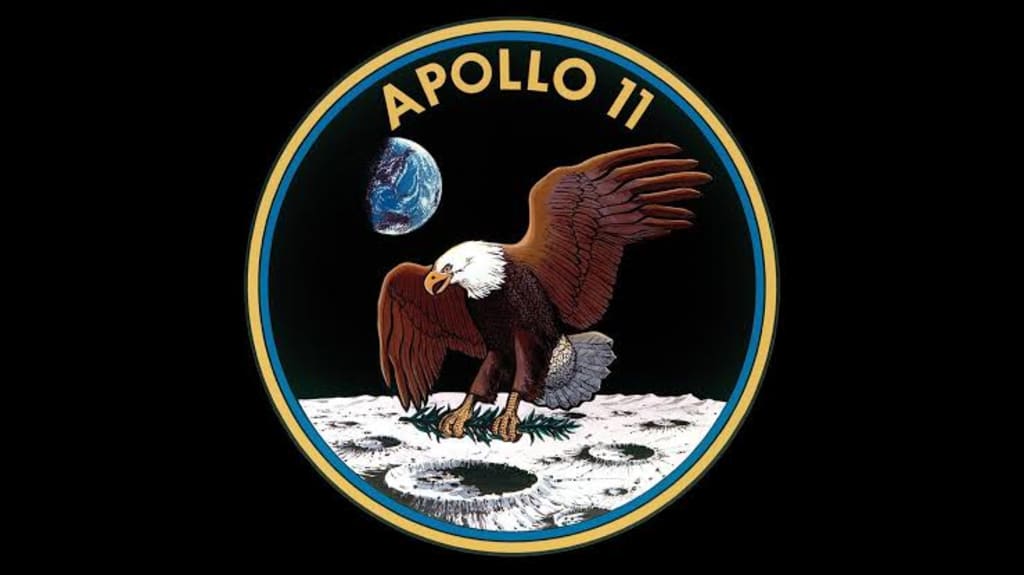
In 1961, U.S. President John F. Kennedy declared that America would put a man on the moon by the end of the decade. It was an ambitious goal that seemed almost impossible at the time. But in just eight short years, NASA's Apollo 11 mission would make history and fulfill Kennedy's promise.
The Apollo 11 mission was launched on July 16, 1969, from the Kennedy Space Center in Florida. The spacecraft consisted of three parts: the Command Module, the Service Module, and the Lunar Module. The Command Module was the main living quarters for the astronauts, while the Lunar Module was designed to land on the moon.
The crew consisted of three astronauts: Neil Armstrong, Buzz Aldrin, and Michael Collins. Armstrong was the mission commander, Aldrin was the lunar module pilot, and Collins was the command module pilot.
After a three-day journey, the spacecraft entered into lunar orbit. On July 20th, Armstrong and Aldrin entered the Lunar Module and began their descent to the moon's surface. Collins remained in the Command Module, orbiting the moon alone.
As the Lunar Module descended towards the moon, Armstrong and Aldrin realized that they were going to land in a rocky area that was too rough for their spacecraft's legs. They were running out of fuel and time, so Armstrong took over manual control of the spacecraft and guided it to a safer landing spot.
At 10:56 p.m. EDT on July 20, 1969, Armstrong stepped onto the moon's surface, uttering the famous words, "That's one small step for man, one giant leap for mankind." Aldrin followed shortly after, and the two spent nearly three hours conducting experiments and collecting samples.
Back on Earth, people around the world watched in amazement as the first humans set foot on the moon. It was a moment of triumph for the United States and for humanity as a whole. The Apollo 11 mission was an incredible feat of engineering, science, and human determination.
After spending a total of 21 hours on the moon, Armstrong and Aldrin lifted off and rejoined Collins in the Command Module. The three astronauts returned to Earth, splashing down in the Pacific Ocean on July 24th.
The success of the Apollo 11 mission was a defining moment in human history. It showed that anything was possible with hard work, dedication, and a willingness to take risks. It also demonstrated the incredible power of science and technology to push the boundaries of what we thought was possible.
The Apollo 11 mission was just one of many Apollo missions that helped to expand our knowledge of the moon and our solar system. The Apollo program continued until 1972, with a total of six missions landing humans on the moon.
Today, nearly 50 years after the first moon landing, we continue to explore and learn more about our universe. NASA and other space agencies around the world are working on new missions to Mars, the outer planets, and beyond. We are constantly pushing the boundaries of what we know and what we can achieve.
The Apollo 11 mission was a reminder that we are capable of incredible things when we work together and believe in ourselves. It was a moment of unity and inspiration that brought people from all over the world together. It was a moment that will never be forgotten.
In conclusion, the Apollo 11 mission was an incredible achievement that demonstrated the power of human ingenuity and determination. It was a moment of triumph for the United States and for humanity as a whole. It showed us what is possible when we work together and believe in ourselves. The legacy of Apollo 11 continues to inspire and drive us forward as we explore and learn more about our universe.
About the Creator
Reader insights
Nice work
Very well written. Keep up the good work!
Top insights
Compelling and original writing
Creative use of language & vocab
Easy to read and follow
Well-structured & engaging content
On-point and relevant
Writing reflected the title & theme






Comments (1)
They came in peace for all Mankind.